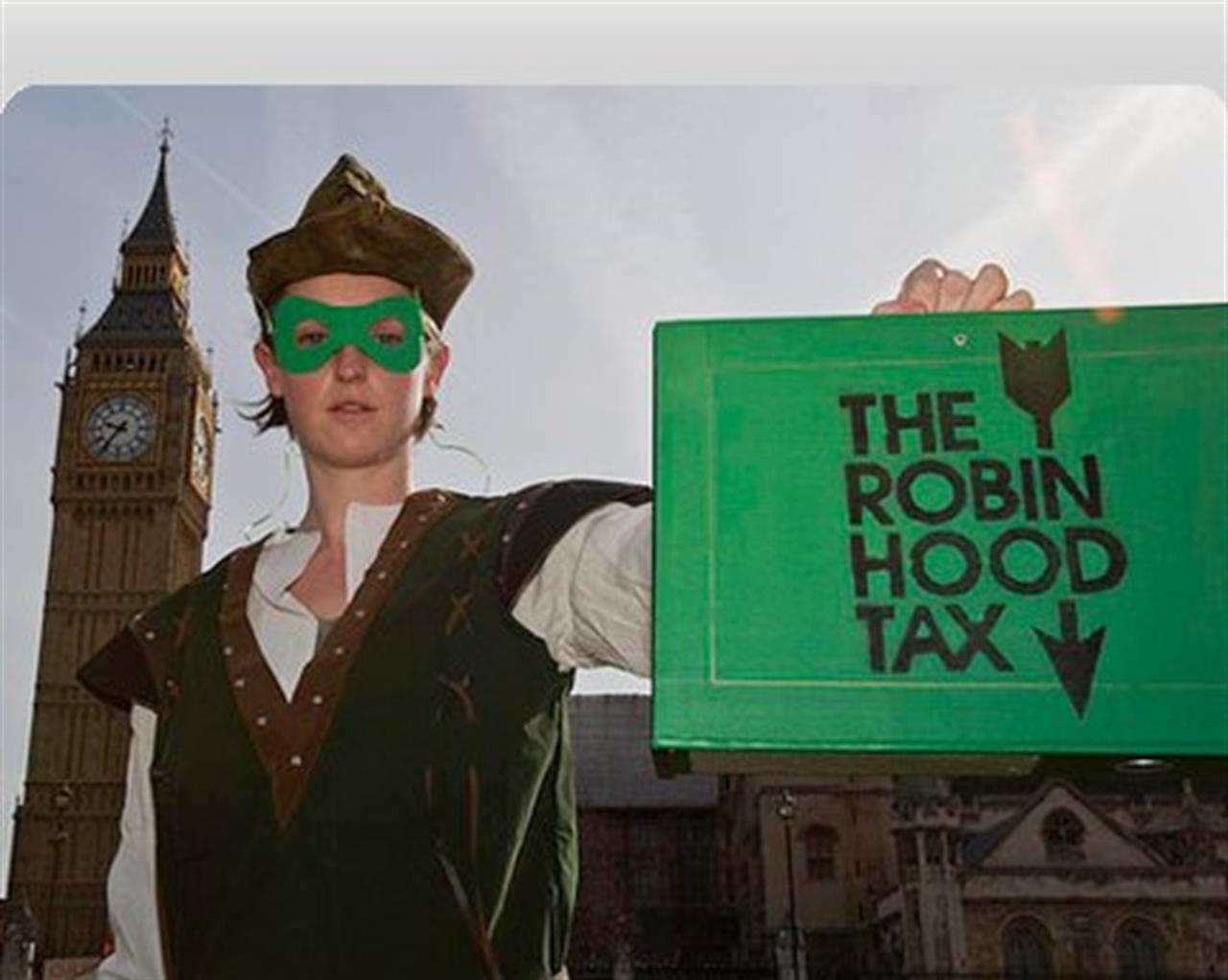Politica
Oxfam: Robin Hood is back
A campaign to establish a tax on financial transactions could raise millions of euros for development
di Staff

Banks across Europe faced an army of activists last week as campaigners, coordinated by Oxfam International, took to the streets to call for the introduction of a “Robin Hood Tax”.
With this high visibility campaign, Oxfam want’s to draw attention to the economic crisis, which according to Oxfam Scotland campaigner Sarah Watson “the banks helped to create”, and to the huge cuts that schools, libraries and other public services are facing in the West as well as to the 50 million people in developing countries forced to live on less than 70 euro cents a day.
Max Lawson, another campaign spokesman, said: “The banks owe us big time. We paid over a trillion pounds to bail them out and we continue to underwrite their profits and pay. That’s one enormous IOU from banks to society and so today we asked for some of it back.”
According to Oxfam, a Robin Hood Tax on the financial sector of as little as 0.05 per cent on banking transactions could raise hundreds of billions every year globally, giving a “vital” boost to the public and social sector. “The expected £6 billion City of London bonus pot would be enough to provide free healthcare to 210 million people in the developing world or pay the salaries of 280,000 NHS nurses,” said Watson, who added that “the total bonus pot for the UK’s three largest banks – HSBC, Barclays and RBS – estimated to be 5 billion pounds, could reverse real term cuts to the NHS this year.”
Initially proposed by Nobel-prize-winning economist James Tobin, international support for the Robin Hood Tax has grown steadily and is backed by financiers, economists and politicians globally, most notably French President Nicolas Sarkozy and German Chancellor Angela Merkel.
Find out more: http://robinhoodtax.org
Cosa fa VITA?
Da 30 anni VITA è la testata di riferimento dell’innovazione sociale, dell’attivismo civico e del Terzo settore. Siamo un’impresa sociale senza scopo di lucro: raccontiamo storie, promuoviamo campagne, interpelliamo le imprese, la politica e le istituzioni per promuovere i valori dell’interesse generale e del bene comune. Se riusciamo a farlo è grazie a chi decide di sostenerci.
